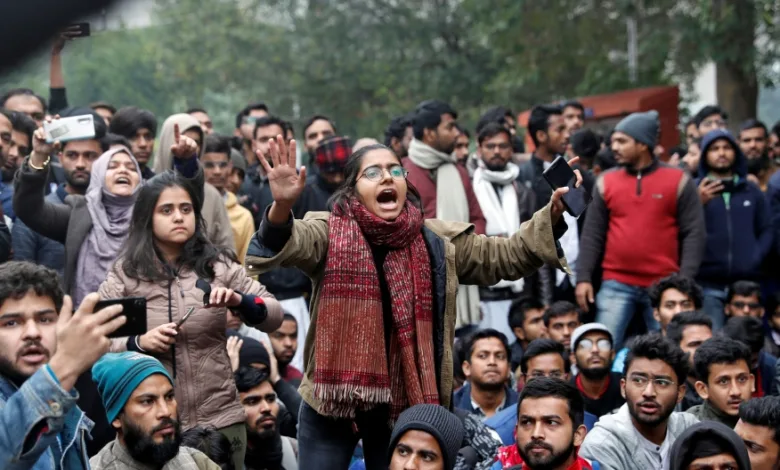
Political propaganda is the use of biased or misleading information to influence public opinion or promote a certain agenda. It is often used by political parties, leaders, or groups to gain support, discredit opponents, or manipulate voters. Political propaganda can take many forms, such as speeches, slogans, posters, advertisements, media reports, social media posts, or fake news.
Political propaganda in India is not a new phenomenon. It has been used by various parties and leaders throughout the history of the country, especially during elections. However, in recent years, political propaganda has become more widespread, sophisticated, and dangerous. With the advent of new technologies and platforms, such as the internet, smartphones, and social media, political propaganda can reach millions of people in a matter of seconds. It can also be tailored to target specific audiences based on their preferences, beliefs, or emotions.
Political propaganda in India works by exploiting the existing divisions and conflicts in the society, such as religion, caste, ethnicity, language, region, or class. It also creates new ones by spreading false or exaggerated claims, rumors, or conspiracy theories. Political propaganda often appeals to the emotions of the people, such as fear, anger, hatred, pride, or patriotism. It also uses logical fallacies, such as ad hominem attacks, straw man arguments, false dilemmas, or appeals to authority. Political propaganda tries to create a binary worldview of us versus them, where one side is portrayed as good and the other as evil.
Political propaganda in India is harmful for the citizens of the country for several reasons. First of all, it undermines the democratic process and institutions by eroding trust and confidence in them. It also distorts the reality and prevents people from making informed and rational decisions. Secondly, it polarizes the society and fuels violence and intolerance. It also alienates and marginalizes certain groups and communities by demonizing or scapegoating them. Thirdly, it hampers the development and progress of the country by diverting attention and resources from the real issues and challenges. It also prevents constructive dialogue and cooperation among different stakeholders and sectors.
Therefore, it is important for the citizens of India to be aware of and resist political propaganda. They should not blindly believe or share everything they see or hear without verifying its source and credibility. They should also seek diverse and reliable sources of information and perspectives. They should also engage in critical thinking and analysis of the arguments and evidence presented by political propaganda. They should also promote a culture of tolerance and respect for different opinions and views. They should also participate actively and responsibly in the democratic process and hold their leaders accountable for their actions and promises.







